Graz: Sustainable by Design
By Abigail King

Design, as author Alina Wheeler says, is intelligence made visible. And Austria’s second city graduates top of the class.
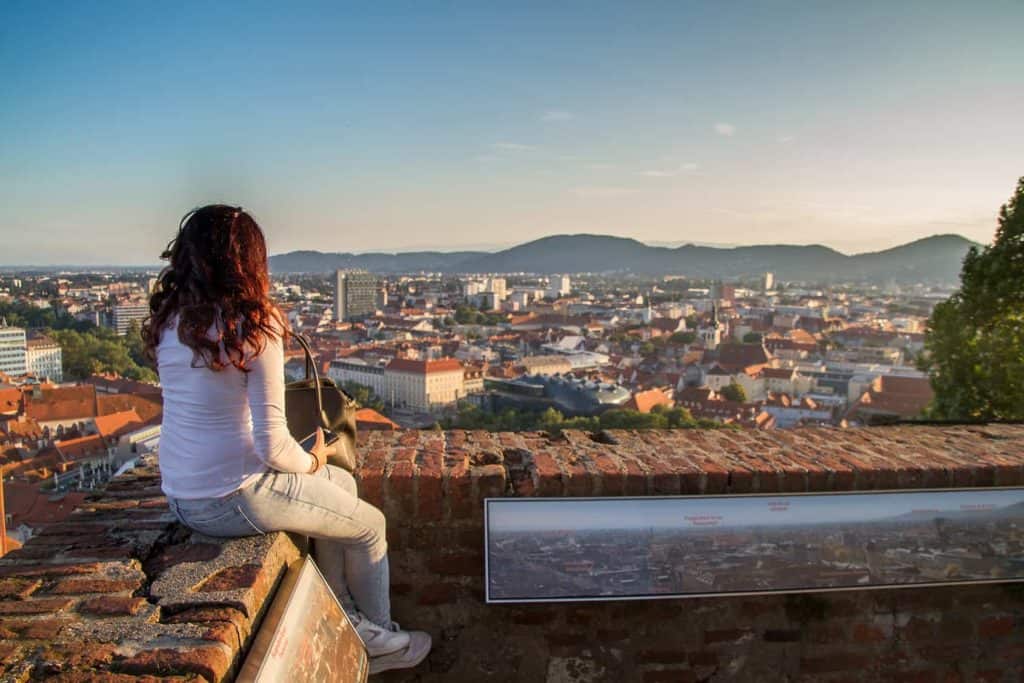
My first experience of Graz came in the heat of summer, when I was four or five months pregnant. I returned with my toddling baby and then years later, after all the intensity of coronavirus lockdowns, I came alone, my Graz baby now at school, working and playing hard.
It’s safe to say that I’d fallen in love with this charismatic Austrian city, the one with a curiously Mediterranean vibe.
My first trip had been something of a blind date, set up for me through work. At the time, I hadn’t known that Graz was a superstar in its own right. A city whose centre is an UNESCO World Heritage Centre. A city which carries the moniker of Austria’s City of Culinary Delights. The birthplace and childhood home of one Arnold Schwarzenegger.
And, most striking of all, a UNESCO City of Design.
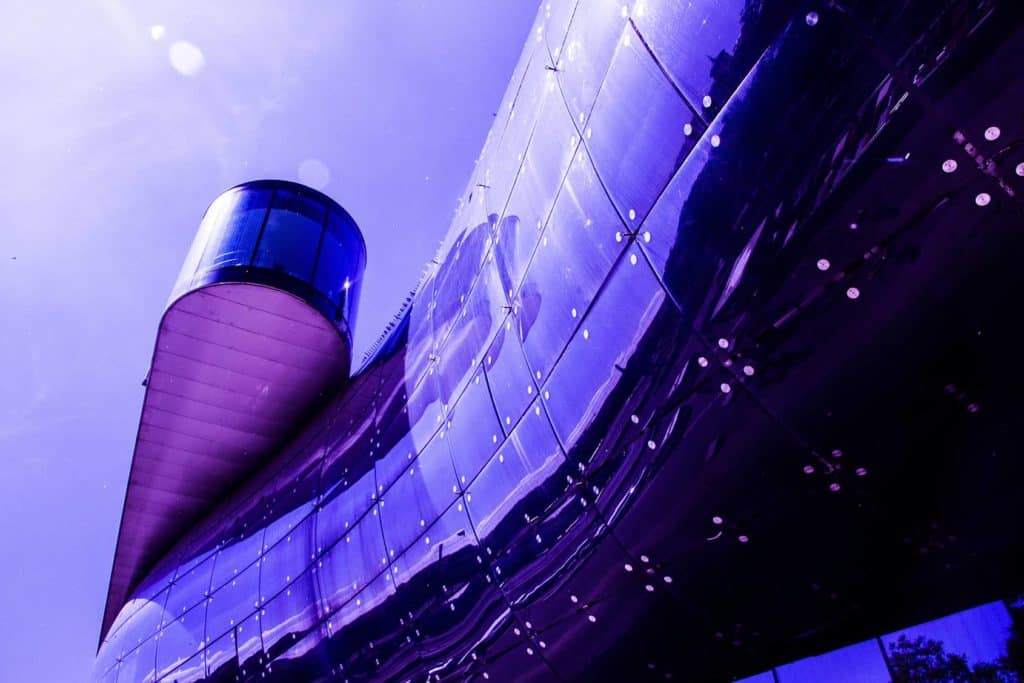
Design and sustainability in Graz
It is, of course, the conspicuous aspects of design that you notice first. My hotel, for example, sat next to one of Graz’s most famous residents: the Friendly Alien. This twisting mass of shine and shimmer houses the city’s art museum or Kunsthaus and you can see its quirky outline from the peak of the city, the landmark Schlossberg Clocktower.
The second most noticeable design piece is the Murinsel, another twisting and turning work of metal which sits as an island in the centre of the river. Infamously rejected by New York City for the Hudson, Graz became the lucky owners of this installation which hosts an outdoor concert area, café and design shop. And which, when billed for destruction, local residents fought to keep.
But what does this, or indeed what does design, have to do with sustainability?
More than first meets the eye.
Here are eleven design-themed sustainable things to do in Graz.
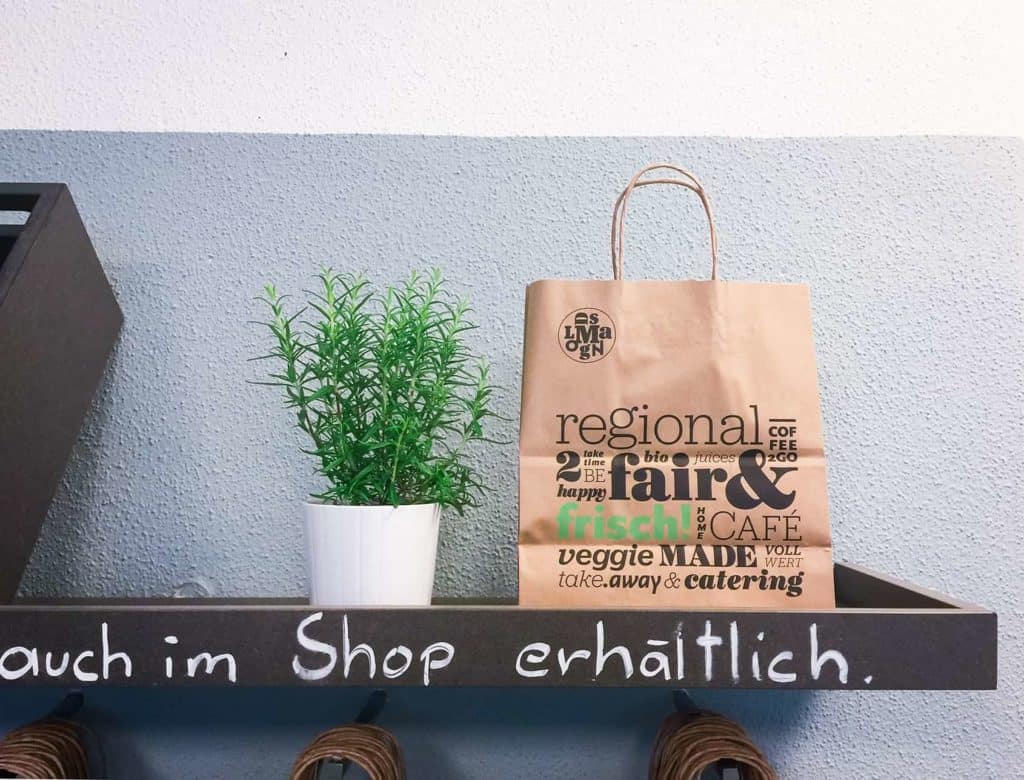
Support local businesses and upcycling
A walk along the independent design shops of the Gries and Lend district is a joyful waltz through design, sustainability and creative community projects.
Take Tag.Werk, for example, which helps disadvantaged young people into work through designing bags. Or the Offline Retail Project, which takes donated items and restores or upcycles them into cool new products, with the profits going to help those struggling with addiction. Then there is Pane, a bakery which takes discarded products from elsewhere in the city and sells them at half price.
You can spend an entire day, or at the very least a morning or an afternoon, browsing, breathing, sipping, sighing and learning about the sustainability of design and design of sustainability. The best way to do this is to simply walk around Graz and soak it all up.
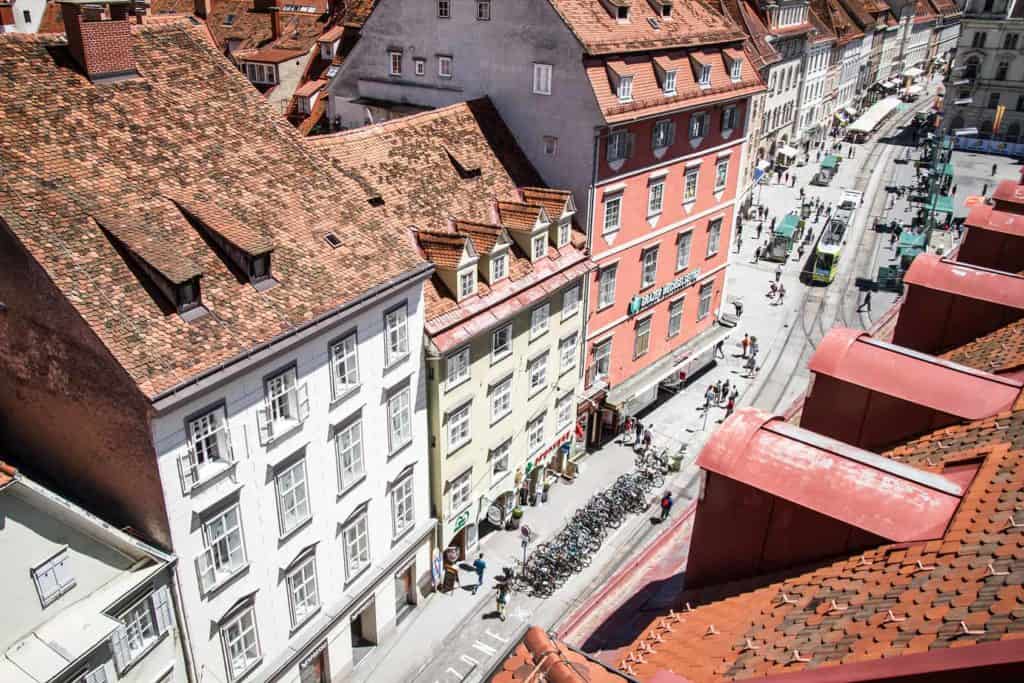
Admire timeless architecture
Great design doesn’t just mean new, shiny metal things. The medieval centre of Graz is not only an UNESCO World Heritage Site in its own right, it’s also lived in. Centuries after these buildings were constructed, they are still home to residents and you can see mailboxes and laundry drying to confirm this.
I’d highly recommend taking a tour through the cobbled streets and secret courtyards of the city to learn more about this. And a great way to do that is through a tour with [email protected]
Enjoy the walking routes and hiking pathways
Good design means that it’s easy to walk around the city, with central attractions easily connected by foot or occasionally by public transport. Plus, in just half an hour, you can escape to the mountains and hike through the trails there.
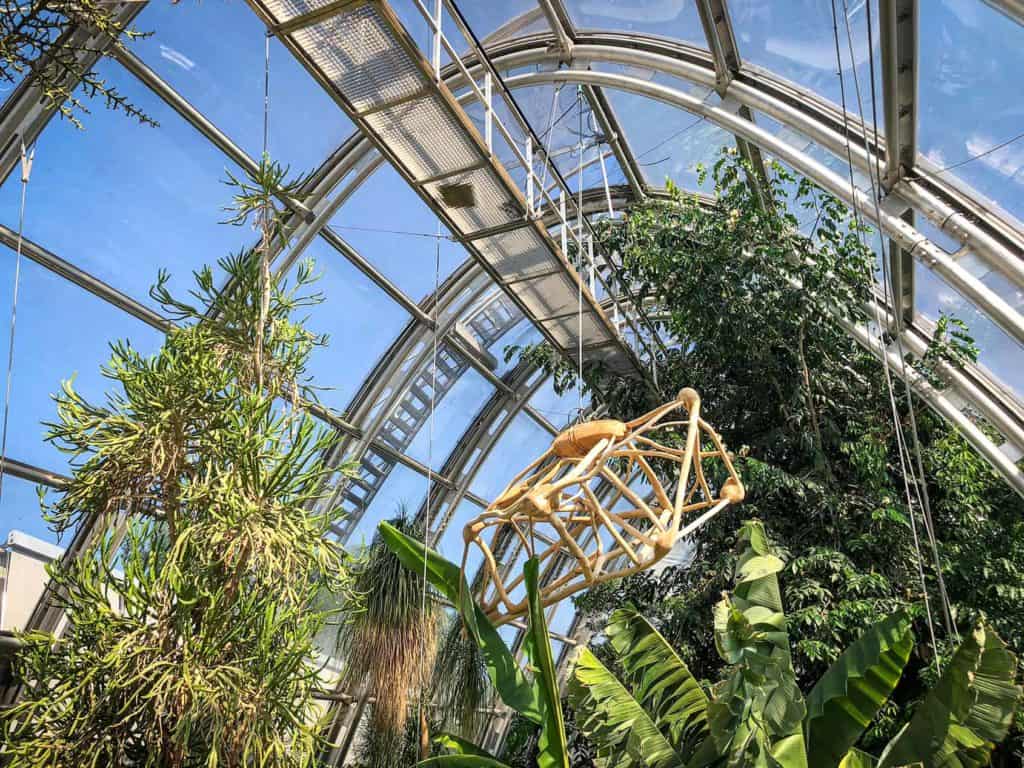
Enjoy the green spaces of Graz
Gorgeous green spaces don’t just happen by accident in cities. They take planning, which is another word for design. In Graz, you can laze near the leaves of the City Park or stride up the steep sides of the Schlossberg. Just outside Graz, you can hike up the Schöckl mountain.
And for an extra dose of natural beauty, you can head to the Karl Franzens Botanical Gardens.
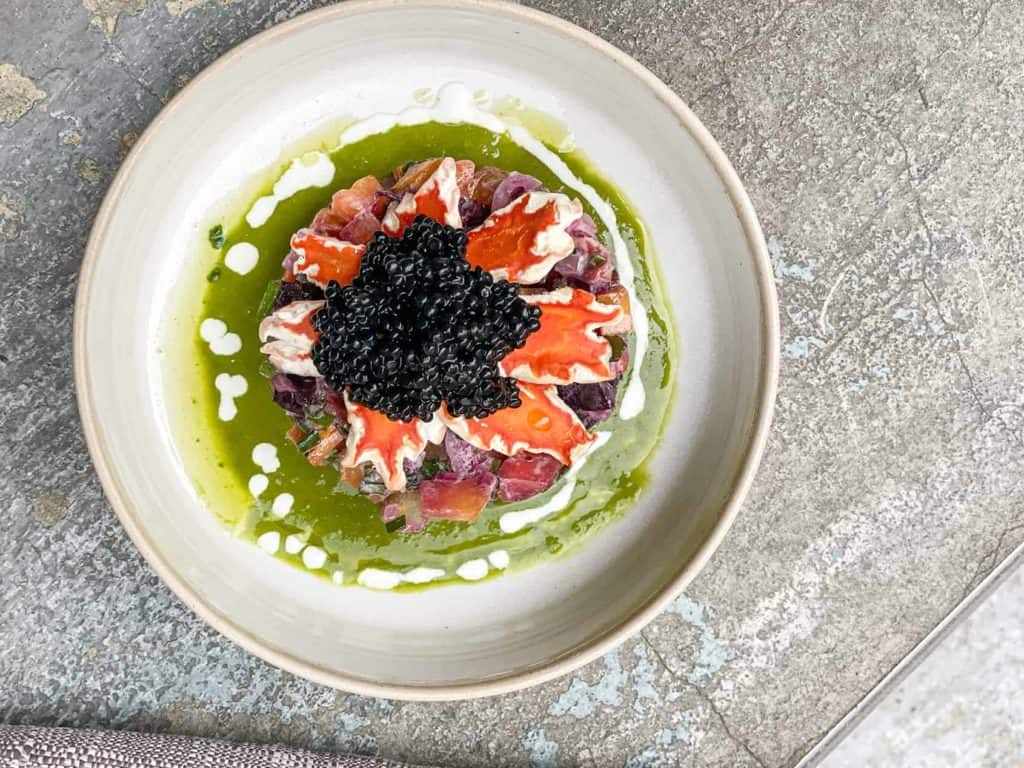
Food traditions
Wherever we go in this world and whatever we do, we always have to eat. The culinary traditions of Graz are sustainable by nature: the food draws from key local ingredients like salmon, cold meats, and cheese, together with the delicious green pumpkin oil.
But beyond that, Graz is blazing a trail in sustainability and design – there are so many ways to enjoy Graz in an eco-friendly way. It has more vegan and vegetarian restaurants than anywhere else in the country and chefs are getting creative. Take Gerüchteküche, whose chefs create works of art from fermenting the humble carrot.
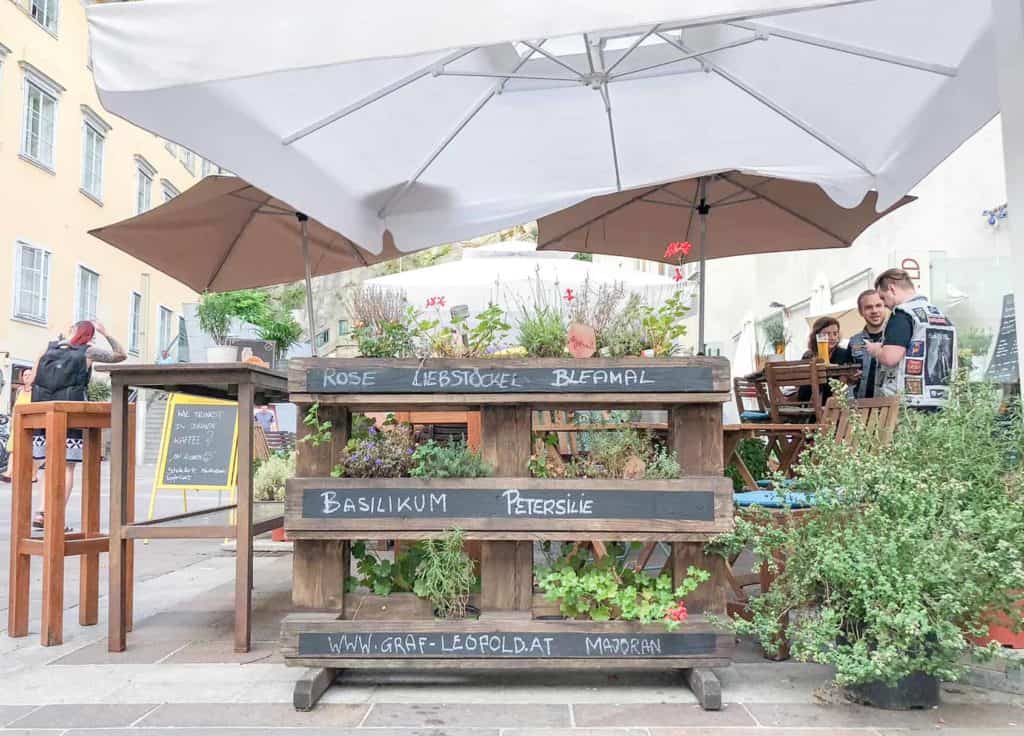
And finally, there’s a combination of design, sustainability and tradition at the hauntingly beautiful Long Table of Graz. This event takes place every year when the city invites people to dine beneath the starlight in the UNESCO World Heritage Site centre. The condition? All food and drink must be locally sourced.
It’s a sustainable design dream.
Read about what to do in Graz in one day.
Bio
Abigail King is a London born award-winning writer and broadcaster who has worked with the BBC, UNESCO, the EU, NASA and more. She’s the founder of Inside the Travel Lab, described by National Geographic Traveler as “Essential Reading” and Lonely Planet as “one of the best travel blogs in the world.”
Abigail King spoke at the High Level EU-China Summit on Sustainable Tourism at the UNESCO Headquarters in Paris and joined a panel to talk about responsible tourism for NASA-Hybrid CoE in Helsinki.


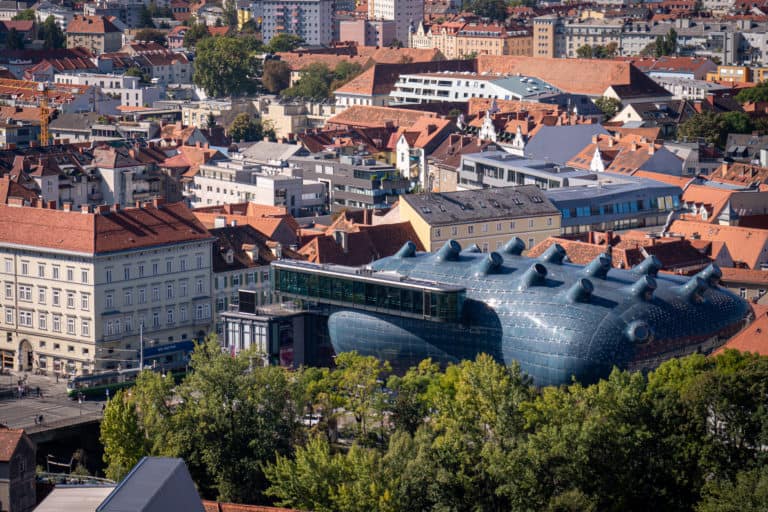
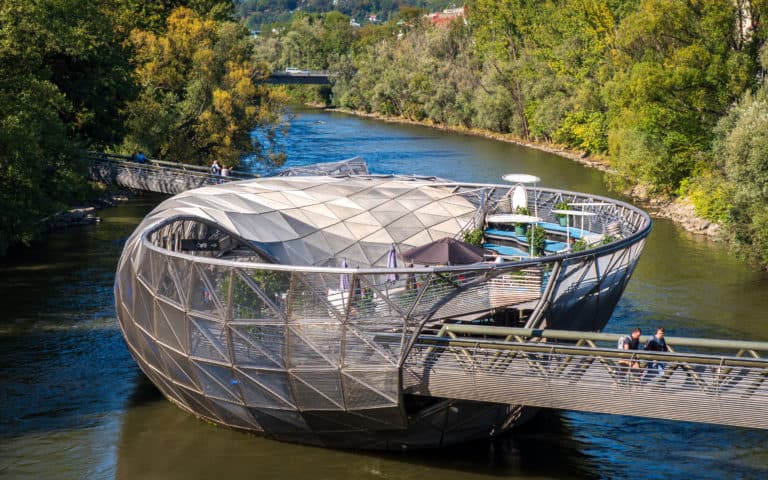
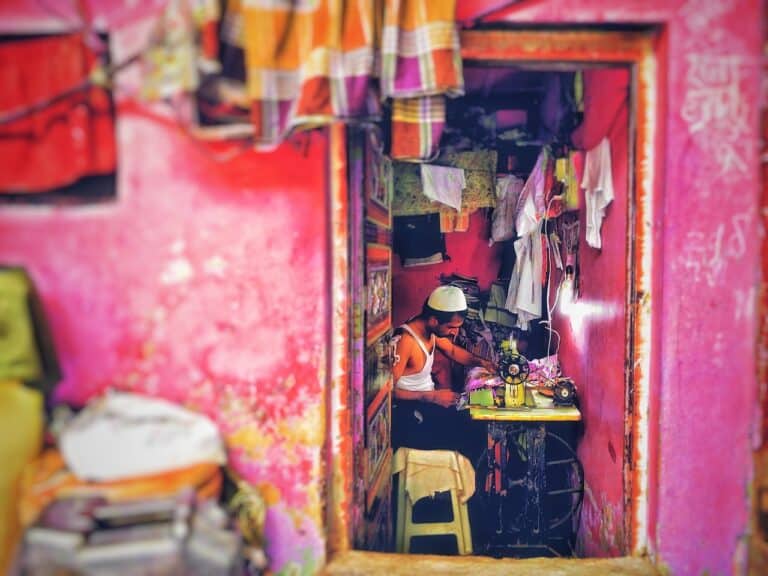
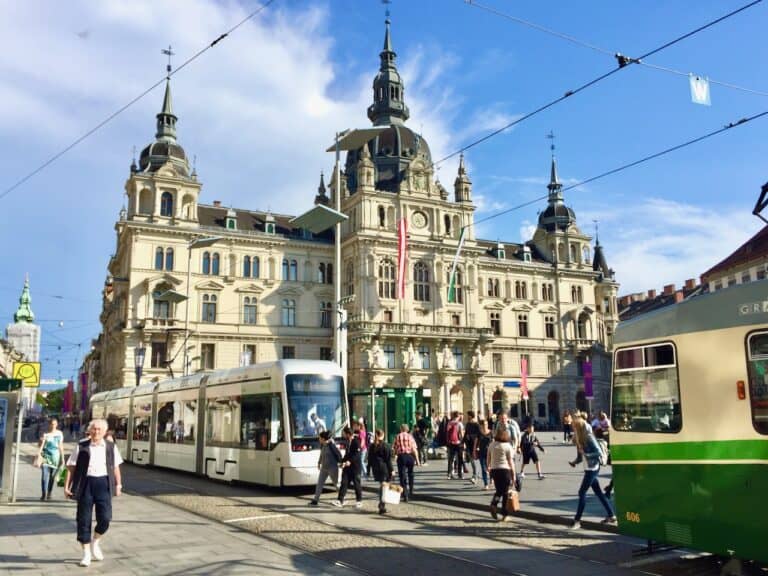
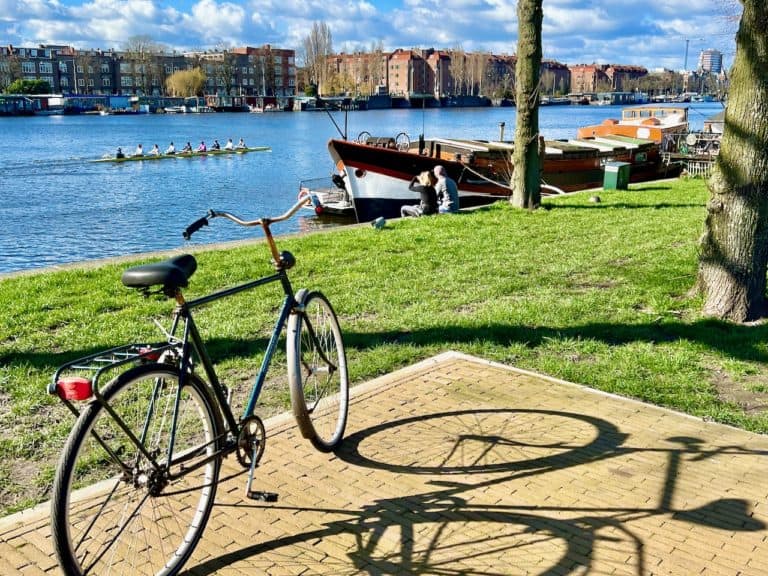
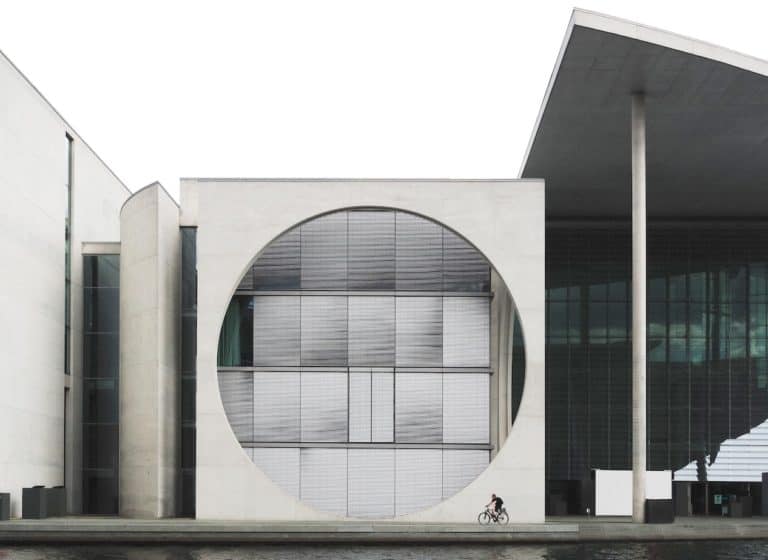
One Comment
Comments are closed.